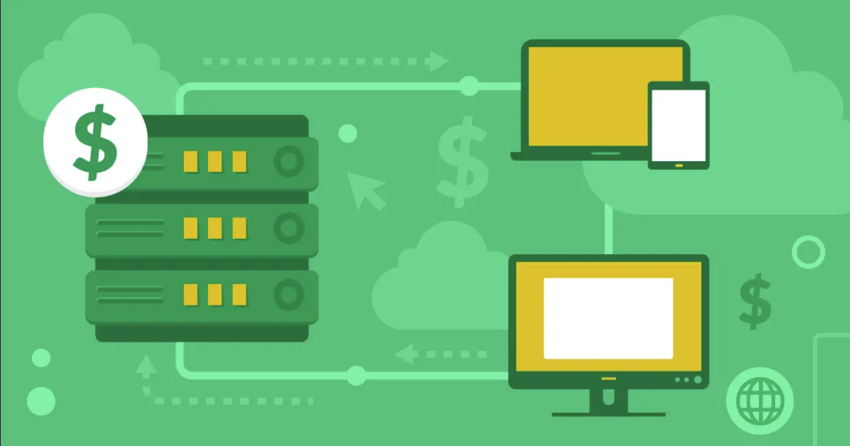Inside this Article
1. Plans and Pricing
HostGator Is Cheap but Lacking Features, Rackspace Is Expensive but Customizable
HostGator’s pricing is low, but that’s because it charges extra for security, email, and site backups. Even with all those add-ons, HostGator is far more affordable than its competitor. HostGator Web Hosting
Plan NameStorageBandwidthFree SSLNumber of SitesPrice
More detailsA free domain name is included with some hosting plans from HostGator
Hostinger Web Hosting
Plan NameStorageBandwidthFree SSLNumber of SitesPriceFree Months
More detailsA free domain name is included with some hosting plans from Hostinger
2. Features
HostGator Makes You Manage Your Cloud – Rackspace Takes Care of Everything
To accurately compare HostGator and Rackspace in terms of features, you have to bear in mind that all of Rackspace’s cloud hosting is managed, while HostGator only has a self-managed cloud. On cloud plans, HostGator includes features like cPanel, integrated caching, a free domain, and a free SSL certificate, all of which are great for small businesses and freelancers. Meanwhile Rackspace takes care of server configuration, advanced security monitoring and scanning, application management, and backups, all without you having to lift a finger.| Rackspace | HostGator | |
| Hosting Type | Public/Private/Hybrid cloud, dedicated servers | Shared, WordPress, VPS, cloud, reseller, dedicated servers |
| Free Domain | No | Yes |
| Disk Space | 20 GB to 50,000 GB SSD | Unmetered SSD |
| Bandwidth | 1 GB to 50,000 GB | Unmetered |
| Automatic Backups | Yes, for a fee | Yes, for a fee |
| Control Panel | Proprietary control panel | cPanel |
| Free CDN (Content Delivery Network) | No | No |
| Free Site Migration | No | One free website transfer |
| Money-Back Guarantee | No | 45 days |
3. Performance
HostGator and Rackspace Offer Tools to Speed Up Loading Times
Rackspace has an impressive global infrastructure of over 14 data centers spanning from North and South America to Europe, Asia, and Australia. And if you need more resources, you can integrate other popular infrastructures, from Amazon Web Services (AWS), Google Cloud Platform (GCP), Microsoft Azure, and more. HostGator has only two data centers, both in the US. Both web hosts offer SSD drives, but you have to pay for additional features, such as a CDN (content delivery network). However, HostGator does provide integrated caching, which helps speed up your website, for free.
HostGator earned an excellent score in our performance tests. To find out more about its speed-enhancing features, read our expert HostGator review.
Because Rackspace is a custom solution, its performance is based on your individual plan. To learn more about its features, you can read our in-depth Rackspace review.
4. Security
Both Have Security Add-ons, but HostGator Throws In Freebies
Aside from the free SSL, HostGator also includes an automatic failover in case there’s a hardware issue. To get the same feature with Rackspace, you have to purchase the load balancers add-on. On the other hand, Rackspace throws in free cloud monitoring that includes real-time alerts and always-on notifications. HostGator gives you the option to purchase automatic backups, as well as its Website Security bundle, which features daily malware scans and more. With Rackspace, its team of security experts will analyze and optimize your page for you, but, of course, this is a feature you’d have to pay for. If you’re a large business with security that’s vital to your company, the cost of Rackspace would be worth the peace of mind. However, if your website will be personal or for a small business, HostGator offers enough security options, at a much lower price, to get you through.5. Support
Support Is Neither Rackspace’s nor HostGator’s Strong Suit
If you opt for a package, simply make the payment, and you’ll gain access to downloading your high-resolution logo for immediate use. The free image might be too small for various applications; however, it serves its purpose if you’re in the process of browsing and wish to compare this design with others. Although HostGator’s live chat agents are mostly helpful, some technical inquiries might go unanswered. In addition, the community forum requires posts to be administrator-approved, which greatly slows down the help process.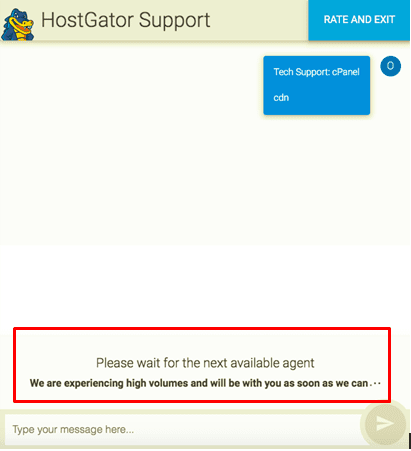
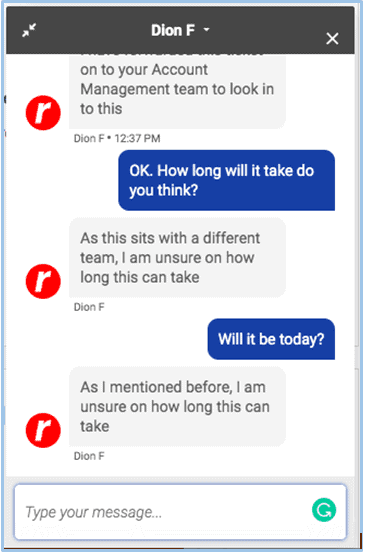
Go With HostGator for an Affordable Cloud Solution
While Rackspace’s premium price guarantees access to a completely managed cloud, HostGator’s self-managed plans are significantly more affordable, not to mention packed with a lot of useful features. Given Rackspace’s policy of working exclusively with companies, HostGator is the only choice here for independent developers and freelancers. However, if you’re looking for a high-performance cloud, Liquid Web is a much better option than both. If it’s shared hosting you’re after, you can’t do better than Hostinger. Keep in mind that neither competitor in the Rackspace vs HostGator matchup made it to our top 10. To see which ones made the cut, read our list of the best web hosting services. Here are the main takeaways of each category:Rackspace
HostGator
Plans and Pricing
Premium-priced plans designed for large companies
Affordable plans for long-term purchases
Features
Managed updates, backups, storage, and server configurations, all fully customized
Unlimited storage, bandwidth, and subdomains, free domain
Performance
Worldwide network of servers, SSD storage, add-on performance upgrades
Integrated caching, SSD storage, CDN add-on available
Security
Cloud monitoring, advanced security experts available for a fee
Free SSL, automated failover, security add-ons available
Support
24/7 email, tickets, live chat, and phone; knowledge base
24/7 live chat and phone; knowledge base






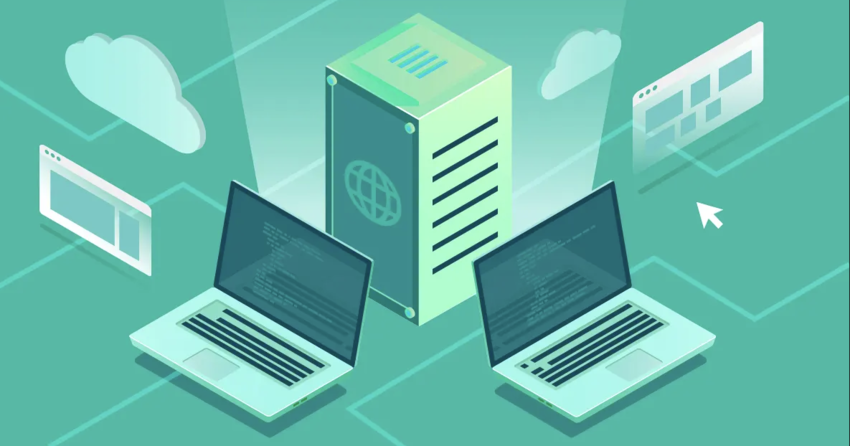

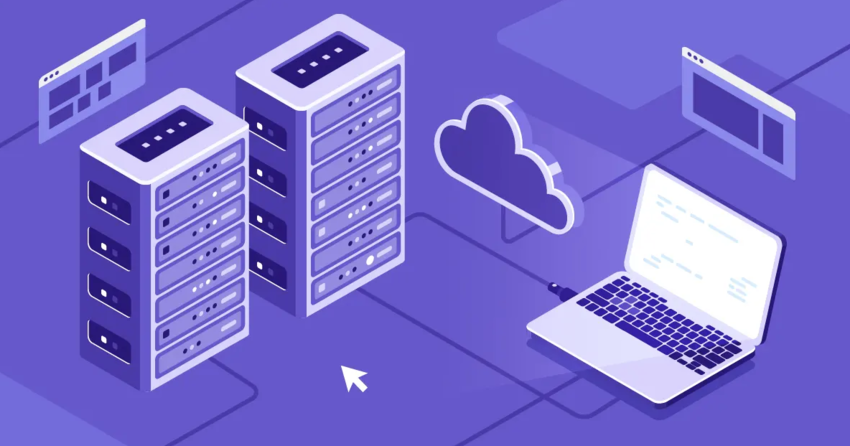

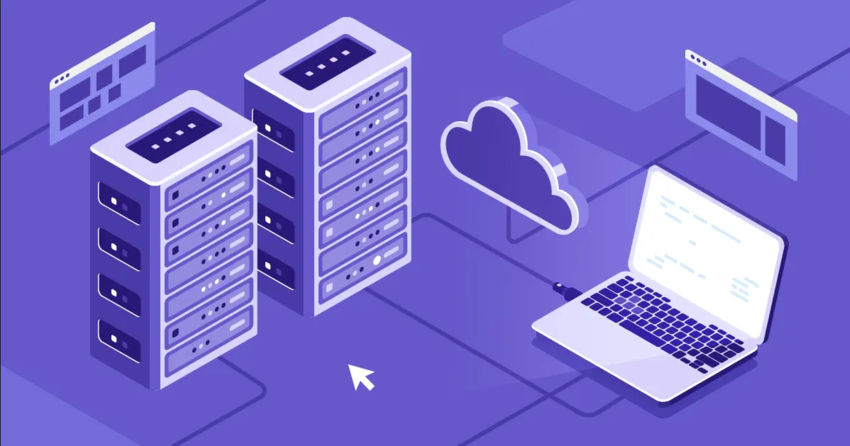
![8 Best Enterprise WordPress Hosting (Scalable & Reliable) [2025]](https://dt2sdf0db8zob.cloudfront.net/wp-content/uploads/2024/11/Best-Enterprise-WordPress-Hosting-1.png)
